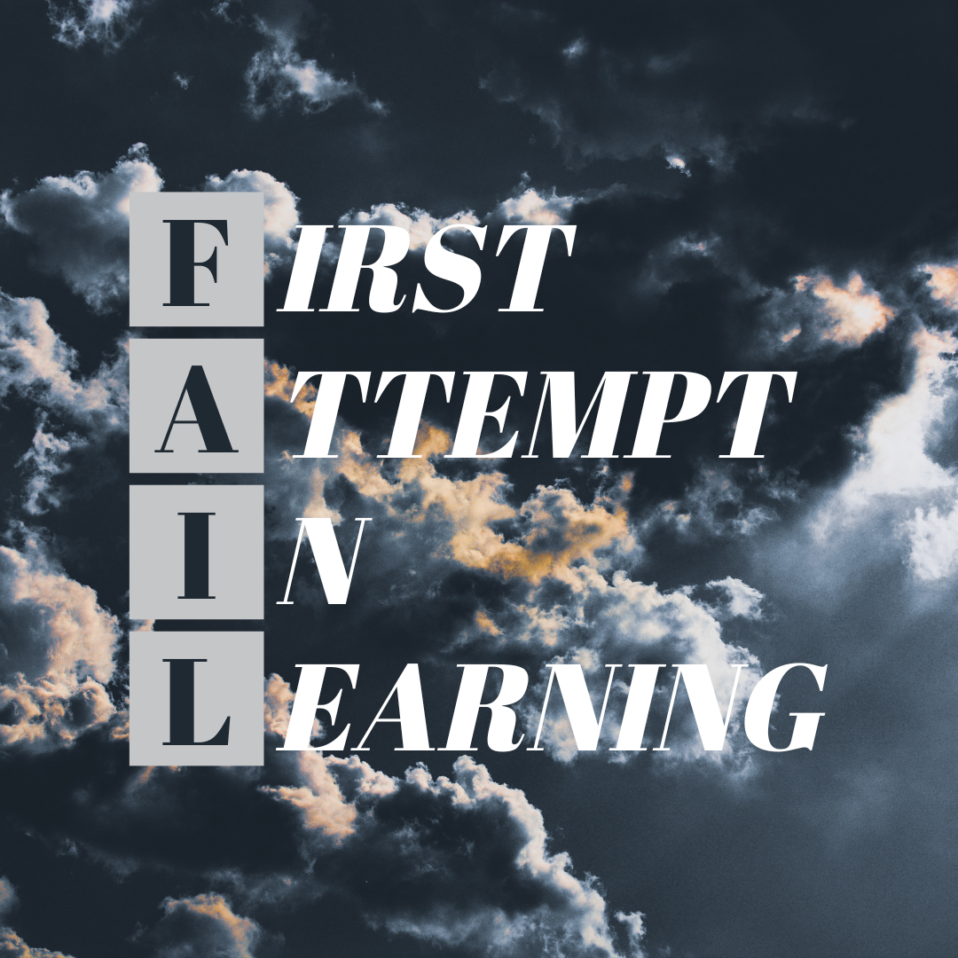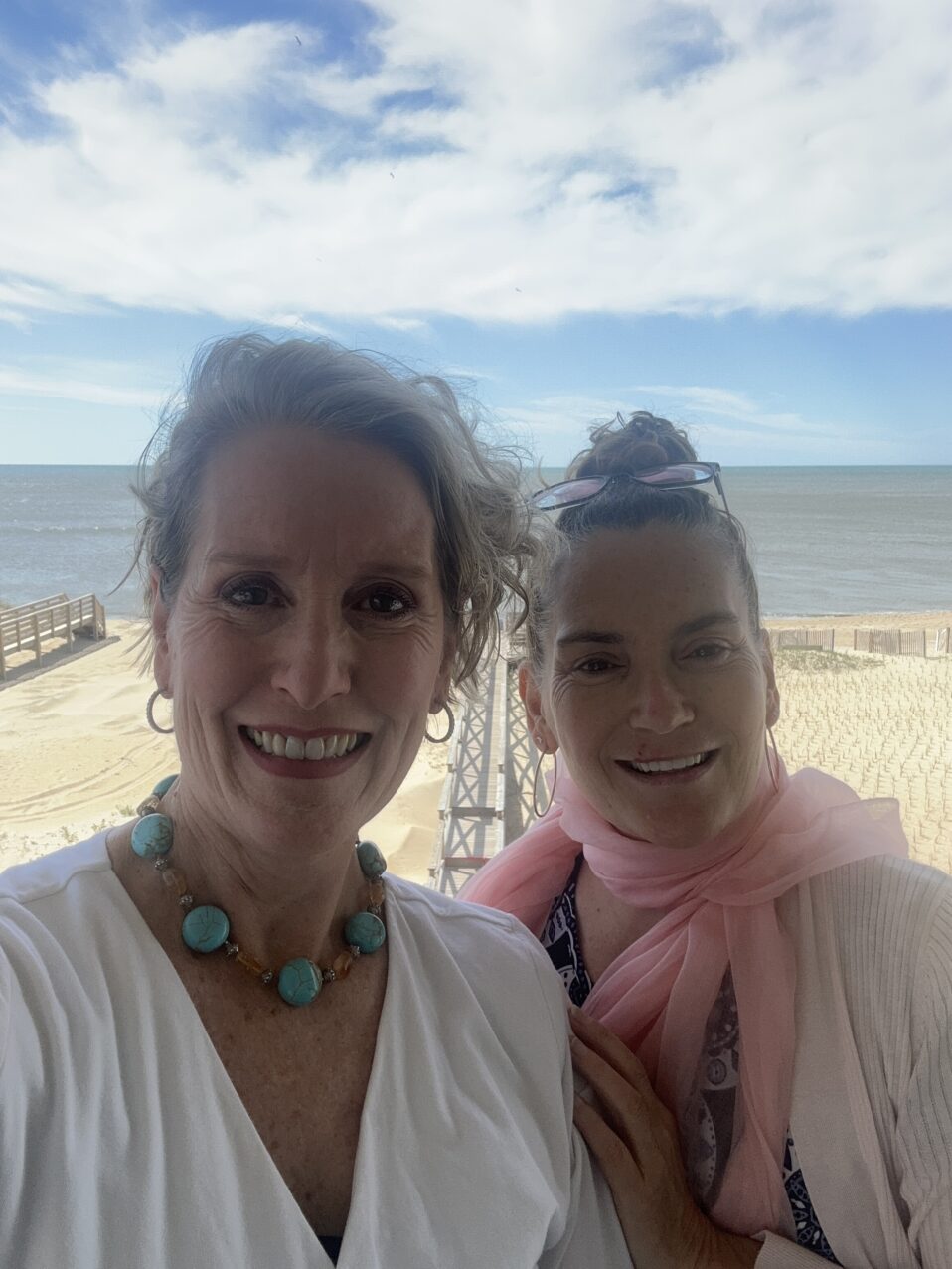This is a throwback to my guest blogger spot for the Teen Parenting Summit of 2015. One mom asked: “How do I know when to intervene and help my daughter and when do I let her make her own decisions with the possibility of ‘failure’?”
Dear Struggling Mom of a Teen/Pre-teen Daughter,
Your question raises one of my most common client issues, so you are not alone! The most common occurrence of this issue is when your daughter graduates to a different school. When this happens, it’s difficult for us to catch up.
We think that the same systems that worked in elementary school will continue to be effective in middle and high school, but we’re wrong. When they don’t work, we can’t just keep doing the same thing harder! That is a perfect way to alienate our pre-teens and teens; I know this because I did it with my two eldest kids. And it worked just as horribly with the second as it did the first.
I now know that a flexible discipline model that grows with your child is a way to sustain a happy home. Flexibility is key because stuff happens, and our ability to roll with the punches directly affects our kid’s ability to roll with the punches.
If we aren’t afraid of failing, accepting failure as an opportunity to learn and grow, then we will develop resiliency right alongside our child. Because, my friends, resiliency beats control every time.
We cannot control circumstances, but we can develop a mindset that looks for solutions as problems arise. And if we can demonstrate this for our kids by doing it ourselves, then they will actually pay attention. Leading by example is a much more effective parenting tool than “Do it because I said so.”
If we aren’t afraid of failure, then we can clearly assess when failure might be the perfect lesson for our teens. The way to gauge when to step in and when to let our kids make their own mistakes is completely subjective and individualized to your teen.
However, if we, as parents, can take very good care of ourselves, with enough sleep, exercise, and soul-filling (quiet time, meditation, or watching a favorite show), then we can let our kids have their own experience, with us there for guidance when, and only when, they ask for help.
If they don’t ask for help, and they fail, that’s a very good experience for them in the long run. It’s okay to let your kids fall, so they can learn how it feels to get back up on their own. Failure in middle school or high school has a much less drastic effect on their long-term success than failure in a job, when you’re not there to help.
If you never let your kids fail, then they won’t know how to innovate and grow. They will have lives of quiet desperation, knowing that they’re missing out by never risking anything. It’s not our job to keep our kids pain-free; our job is to help them be resilient.
If you can maintain a sense of calm, even in the face of failure, then your child will understand that failure is something to be managed, not something that buries us. And if you’re practicing your own self-care, calm is infinitely easier to maintain. Remaining calm in the face of challenges will lead to a growth-oriented child who believes in her ability to keep trying!
XOXO
Terri
P.S. If you want a little help finding your happy place, write me at terrif@findyourpride.org or go HERE for life-coaching.





